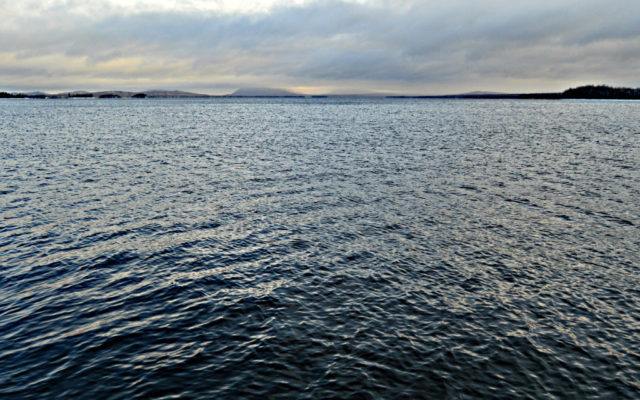
Maine lakes need our help
By Tristan Taber
Maine’s lakes are a big part of who we are. They help define our state and our way of life. We have some of the cleanest, clearest lakes in the nation. They are priceless. Maine’s lakes are where many children learn to swim, families fish for trout and landlocked salmon, and we hear the haunting call of loons. But these treasures are not immune to change. The truth is, our lakes need our help.
For decades, studies have shown how vital lakes are to Maine’s economy. Then-Gov. Angus King’s Great Pond Task Force first highlighted their billions in value nearly 30 years ago. A 2024 University of Maine study now estimates that value at over $14 billion. This includes tourism, real estate, guiding, recreation, and local businesses. Healthy lakes mean a healthy economy.
At Lake Stewards of Maine, we work with hundreds of trained volunteers across the state to monitor lake health. Our community tests the water, documents invasive aquatic species, and watches for signs of ecological change. This work is both scientific and deeply personal. These are our lakes — the ones we all swim in, paddle on and share with friends, family, and the incredible creatures of Maine.
LSM stewards don’t just gather data, they help rally the community when a lake’s health is in trouble. Right now, that’s happening in many places across the state. Early detection is key, and everyone can help. You can be a steward. Warmer water, lower clarity and harmful algae blooms can all be warning signs.
The threats are real. Invasive species like variable water milfoil, spiny water flea, and zebra mussels hurt both the environment and the economy. If algae blooms grow or invasive species spread, property values drop, fishing and swimming suffer, and recreation-based jobs can vanish.
You can help protect our lakes with small, simple steps. Natural Maine lakes have wooded shorelines, not lawns. Try to emulate this by planting native trees and other plants on your property to stop erosion and filter runoff. This also means less time spent mowing and more time to enjoy the lake.
Clean your boat after each use (follow the mantra “clean, drain, dry”) to help stop invaders. Never release live bait or move aquatic plants or animals. Keep an eye out for strange algae and plants.
If you want to get more involved, become a trained volunteer through LSM — training is free. You can collect data twice a month in summer or learn to spot invasive species before they spread, or simply report ice cover on your favorite lake.
While we all need to do our part, we especially need those who are already on the water: paddlers, anglers, Maine Guides, boaters and swimmers. Our lakes are fragile; they need all of us working together.
With vigilance, education, and action, we can protect the lakes we all love — not just for ourselves, but for wildlife and future generations. With your help, we can care for the lakes we cherish now so our grandchildren can enjoy these shared treasures.
To get involved or to learn more on how you can help protect Maine’s lakes, visit www.lakestewardsofmaine.org.
This outreach was funded in part by the Maine Outdoor Heritage Fund, in which proceeds from the sale of a dedicated instant lottery ticket, currently Dragonfly Dollars, are used to support outdoor recreation and natural resource conservation.
Taber is the water quality program director at Lake Stewards of Maine, a donation- and grant-funded nonprofit.